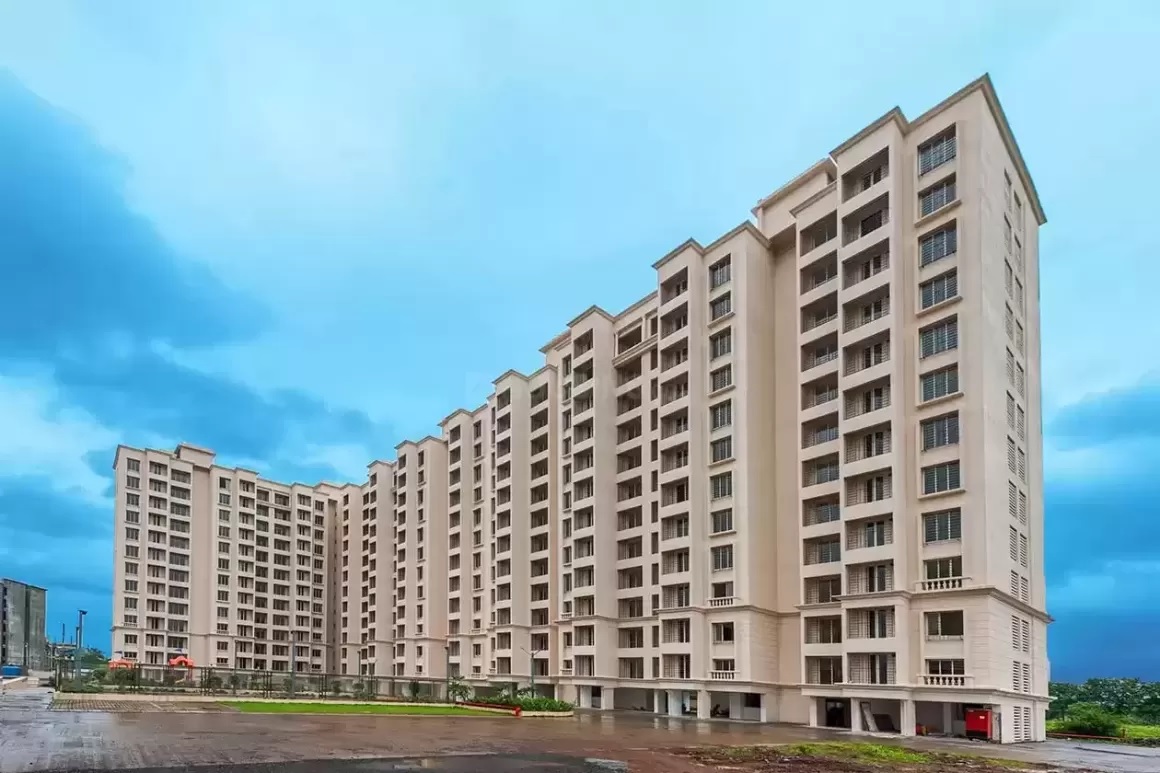According to a top executive of the fund, the government-backed and SBI CAP Ventures-managed last-mile financing platform Special Window for Completion of Construction of Affordable and Mid-Income Housing Projects (SWAMIH) has assisted in the completion of stalled housing projects across the nation, unlocking liquidity worth over Rs 350 billion.
The Rs 15,530-crore fund supported by the finance ministry has so far awarded final permission to 130 projects with sanctions of Rs 125 billion. For the next three years, it plans to finish approximately 81,000 homes in 130 projects spanning 30 tier 1 and 2 cities, with 20,557 homes already completed.
“In addition to helping homebuyers by completion of stalled projects, SWAMIH fund’s support has resulted in kick-starting the ecosystem around these projects. A steady revival in construction, sales cycle and liquidity has helped many banks and financial institutions get debt repayments. We can certainly see a multiplier effect of 2.5 to 3 times at play across all ancillary industries,” said Irfan A. Kazi, chief investment officer, SWAMIH Investment Fund.
The government recently declared that it would increase its total investment in the fund by Rs 50 billion, bringing it close to Rs 155.3 billion. The extra commitment will allow the fund to keep reviewing agreements through December 2024.
“The fund emphasises on business continuity even in troubled projects that are facing various legal issues on their project or the promoters. In every investment, we have incorporated a business continuity plan to ensure project completion even if the developer or promoters is unavailable due to legal action,” Kazi said.
Nirmala Sitharaman, the finance minister, declared SWAMIH as a category II alternative investment fund (AIF) in September 2019. In November 2019, the Cabinet approved it. On its first closure in December 2019, the fund obtained a commitment of Rs 100.37 billion, with the Indian government promising a cash infusion of up to Rs 50 billion.
“We are not into relationship fundings, we do project funding. Robust supervision and control over project expenditures are the mainstay of the process, enabling faster project completions,” Kazi said, adding that the fund itself makes payments to vendors and contractors only against actuals incurred.
The fund has quickly gained public trust within three years of inception as large-scale stressed projects have been completed with SWAMIH’s intervention. The fund’s presence in a project often acts as a catalyst for better collections and sales even in projects that were delayed for years.
“We were able to complete more investment deals in the residential real estate sector in 2020-22 during the Covid pandemic period than the entire rest of the real estate private equity industry,” Kazi added.
After three years of its establishment, the fund has quickly earned public trust due to the completion of large-scale stressed projects thanks to SWAMIH's assistance. Even with long-delayed projects, the fund's involvement frequently serves as a stimulus for better sales and collections.
“The fund looks at financing all projects that meet the basic criteria despite issues related to demand-supply in the micro-market, promoter’s track record and legal issues. The underlying principle in the investment mandate is that the homebuyers should not be made to suffer for the sins committed by the developer,” he said.
Repayments from SWAMIH are set up on a "pay when able" basis and are often only made once the building is finished. It does not impose any additional annual, service, or processing fees and charges all funded projects a normal 12% internal rate of return.
Life Insurance Corporation of India and State Bank of India are both anchor investors in the fund (LIC). One of its principal investors is the mortgage lender HDFC, along with a few nationalised banks.
This fund is a key component of the steps the government is taking to inject financing into distressed projects so that apartment owners all around the nation can receive their unfinished homes.
See also:
Sanghi Industries receives funds from Kotak Special Situations Fund
SWAMIH fund okays Rs 2.07 bn for stalled Noida project




















